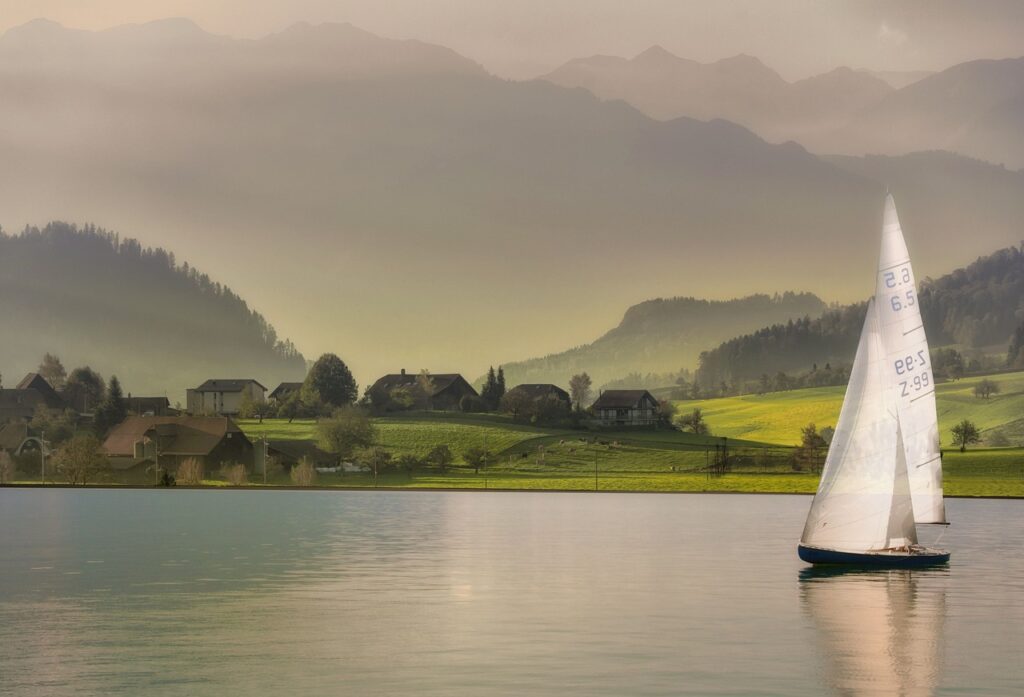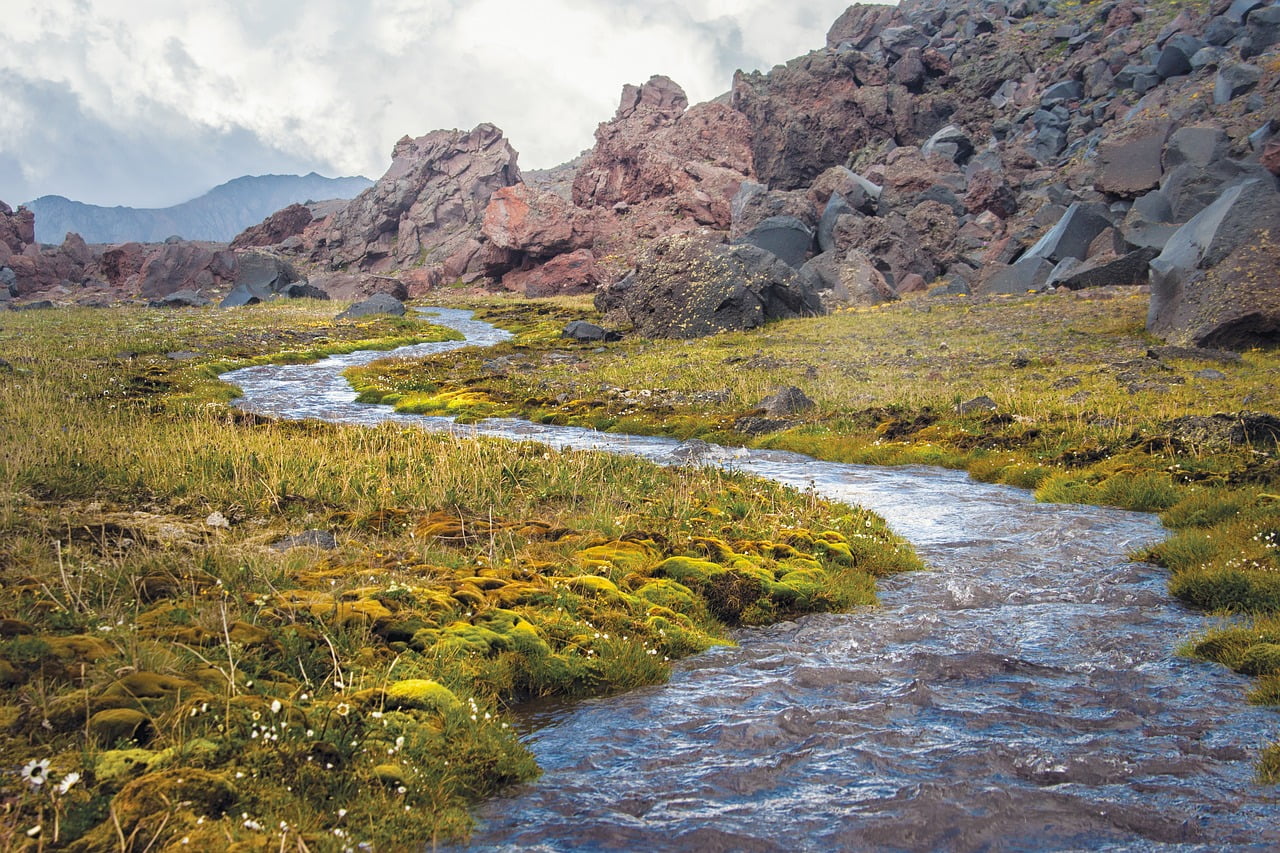The term “Wu Wei” is often misunderstood and mistranslated as “non-action” or “non-doing”, but it doesn’t mean being passive, lazy, or doing nothing at all. Instead, Wu Wei could be interpreted as “acting spontaneously” or “acting naturally”. However, perhaps the most accurate translation is “acting without acting“, a paradox that holds within it a profound wisdom.
Wu Wei represents a type of action that is in harmony with nature, the environment, and the situations you encounter. It means acting in the same way that nature acts, following the path of least resistance.
The Essence of Wu Wei in Lao Tzu’s Tao Te Ching
In the Tao Te Ching, the foundational text of Taoist philosophy, Lao Tzu explains how individuals who are aligned with the Tao can act in a completely spontaneous manner. According to Lao Tzu, the ultimate goal of spiritual practice is to become one with the Tao, with nature, with the cosmos, and in doing so, be able to live and act naturally and spontaneously, embodying the teaching of Wu Wei.
Understanding Wu Wei through the Lens of Nature
To grasp the meaning of Wu Wei, consider the natural processes around us: a rose doesn’t strive to bloom, it simply blooms; the sun doesn’t struggle to radiate its energy to the earth, it just shines. Taoism perceives the universe as a vast, self-regulating organism. There is no external entity controlling what happens within the universe.
The term “Ziran”, often used in Taoist texts to describe the universe, means that which is spontaneous, that which occurs naturally. In this view, humans are not separate from the universal organism, but an integral part of it.
Aligning with the Tao
By practicing effortless action, we can realign ourselves with the Tao. Being in harmony with the Tao means flowing with, rather than fighting against, the current of the river, of which we are all a part. Water is a frequent metaphor in the Tao Te Ching, and we are advised to emulate its qualities.
You may have seen the famous Bruce Lee interview where he advises being like water. As a passionate student of Taoist and Eastern philosophies, Bruce Lee understood the power of water. It is flexible, sinuous, yet capable of overcoming seemingly insurmountable obstacles. It achieves this by following the path of least resistance, adhering to the natural laws.
Examples of Wu Wei in Action

Alan Watts illustrates Wu Wei using the example of a sailboat: when you’re sailing, you cooperate with nature, harnessing the wind to move in your desired direction; rowing, on the other hand, is not Wu Wei, as you’re not working with nature, but rather fighting against the current, relying on brute force to determine your path.
“The art of living… is neither careless drifting on the one hand nor fearful clinging to the past on the other. It consists in being sensitive to each moment, in regarding it as utterly new and unique, in having the mind open and wholly receptive.”
– Alan Watts
Martial arts like judo and aikido also embody Wu Wei. In judo, instead of applying brute force, you utilize your opponent’s strength against them. The art of Wu Wei is rooted in accepting what is, accepting the current, the tide, but it should not be mistaken for passivity. In fact, only by accepting the current, the tide, can you effectively harness nature’s power to move in your intended direction.
Becoming One with the Tao
When you align with the Tao, respecting natural processes and laws, your actions and creations will have a distinctly different quality and power compared to your usual state. A singer, for example, can become so attuned to the Tao, or in Western terms, enter such a profound state of flow, that they feel as if the song is singing itself. Similarly, a writer may feel as though the words are writing themselves.
In this state, it is no longer you who creates, but the Tao expressing itself and creating through you. The wisdom of Wu Wei closely parallels the teachings of Karma Yoga.
By embracing Wu Wei and aligning ourselves with the natural flow of the Tao, we can unlock a profound sense of ease, grace, and effectiveness in all aspects of life. This ancient Taoist wisdom invites us to let go of struggle and resistance, and instead, to act in harmony with the natural order of things. In doing so, we open ourselves to a more spontaneous, authentic, and fulfilling way of being.
